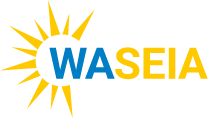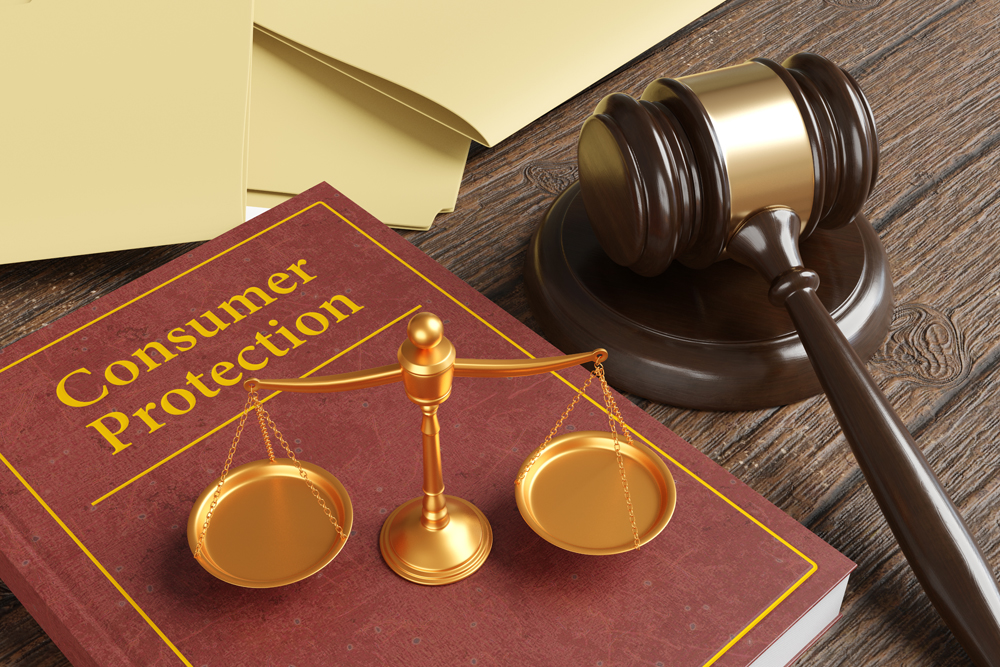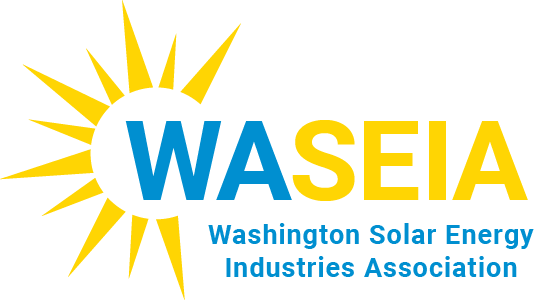In a commendable display of bipartisan unity, the Washington state legislature recently passed the Solar Consumer Protection Act, known as SHB2156. Notably, both the House and Senate votes for this act were unanimous, highlighting the broad support it received. The Washington Solar Energy Industries Association (WASEIA), which advocates for the interests of consumers, collaborated closely with the Washington Department of Commerce to carefully draft and shape this legislation. The bill was signed into law on March 28, 2024, by Governor Jay Inslee, and will take effect on June 7, 2024.
Why Does Washington Need this Law?
Spend much time online and you are bound to be served a few ads tempting you to go solar at no cost. But there is no such thing as “free” rooftop solar power systems in Washington, according to local utilities and the state’s leading trade association for the solar sector.
Out-of-state sales lead generators and marketing companies are responsible for most of the dubious solar energy ads you encounter online. Deceptive and high-pressure in-person tactics are also generating complaints to state government, notably when salespeople overpromise on incentives and electricity bill savings. And, in some cases, homeowners have reported flawed installs that left their homes damaged and their new solar panels not working correctly.
Lawmakers Take Action
In Olympia this winter, state lawmakers took a stab at addressing these issues by strengthening consumer protections for solar installations. Until now, the state’s consumer protection code did not have provisions specific to this fast-growing sector. The Washington State Department of Commerce, WASEIA, locally based solar contractors and electric utilities teamed up with the state Legislature to come up with the new rules and enforcement mechanisms.
“This bill would help residents and businesses understand what they will and will not be getting with a solar energy install, and prevent deceptive solar sales tactics and create an ability to hold bad actors accountable,” said Nora Hawkins, Senior Energy Policy Specialist at the Washington Department of Commerce.
Hawkins said Commerce took the initiative after hearing of an increase in consumer complaints about promised savings that didn’t come true and faulty solar array installs. In an interview, she said the complaints came to her agency mainly through utility companies and reputable solar contractors who had to pick up the pieces.
In an admirable and exemplary departure from the usual Capitol script, the affected trade association and individual solar companies spoke up in favor of more regulation of their industry. They want to protect their reputations and consumers.
The bad actors targeted by the consumer protection bill were neither seen nor heard from during the legislative session.
What Does the Solar Consumer Protection Act Do?
Washington’s Solar Consumer Protection Act introduces new requirements that prohibit certain predatory tactics, outline precise directives for specific contractual language, reinforce current regulations regarding the licensing of solar installers, and grant increased authority to the Attorney General’s office to impose penalties on non-compliant companies. The legislation also requires solar contracts to explicitly disclose certain costs and clearly state what to expect as far as system performance, using best practice methodology. Additionally, it facilitates an “apples to apples” comparison of competitive quotes and provides a clear explanation of consumer rights. The legislation also imposes penalties on companies that fail to adhere to these requirements.
Steps for Consumers
Ultimately your best protection against disreputable companies is to be armed with knowledge and the right questions.
- Ask any solar contractor you are considering to tell you about the Solar Consumer Protection Act. If they don’t know anything about it, proceed with caution.
- Use this Solar Consumer Protection Bill Information Sheet to review any solar contract before you sign to make sure it complies.
- Always get more than one bid before selecting a contractor. By carefully evaluating the different presentations and contracts, you can make sure you are getting the right system from a reputable contractor.
The Role of Local Solar Installers
Locally owned solar businesses have invested their own money and time helping Washington residents understand the tremendous value that solar provides. As a guaranteed investment, solar helps those that want to reduce their living expenses, be more independent, and reduce their impact on our environment. Local installers strive to offer trustworthy and clear information to potential customers, empowering them to make well-informed choices about investing in solar energy. These businesses aim to establish themselves as reputable and skilled contractors dedicated to serving their community, ensuring their long-term success.
WASEIA Members – the Best of the Best
While locally based solar companies are typically more invested in their local community and strive to establish a positive reputation for sustained success, the level of expertise and integrity can still differ among these companies.
So how do you know which local solar companies you can count on? Look no further than WASEIA. Our members are held to the highest ethical and workmanship standards through our Code of Conduct. When you choose one of our member companies, you can have full confidence in their services. Additinally, all WASEIA member companies have been provided with in depth information on complying with the Solar Consumer Protection Act.
And should there be any issue that you are unable to directly resolve with one of our member companies, WASEIA can help advocate for your rights with that member.
To find a reputable solar installer that serves your area, refer to the member page on the WASEIA website.
A Special Thank You
WASEIA would like to express gratitude to the individuals mentioned below, as their contributions were instrumental in the successful passage of the Solar Consumer Protection bill.
- Kristine Reeves, prime bill sponsor, House
- Senator Derek Stanford, prime bill sponsor, Senate
- Senator Karen Keiser
- Nora Hawkins, Senior Energy Policy Specialist, Washington State Department of Commerce
- Glenn Blackmon, Director, Energy Policy Office at the Washington State Department of Commerce, State Energy Office
- Dever Haffner-Ratliffe, Regulatory Affairs Coordinator, Cowlitz County PUD


